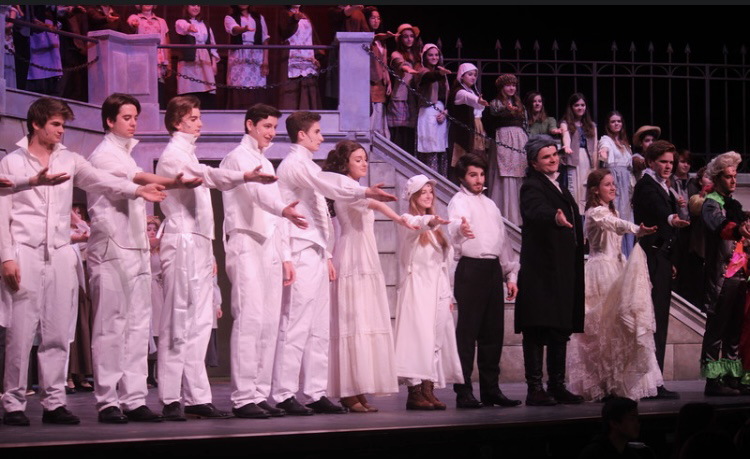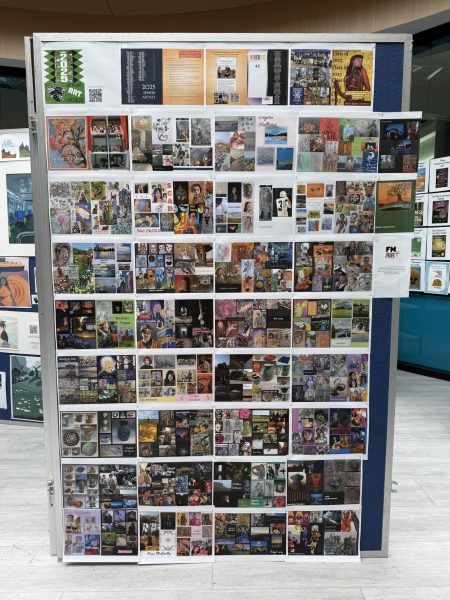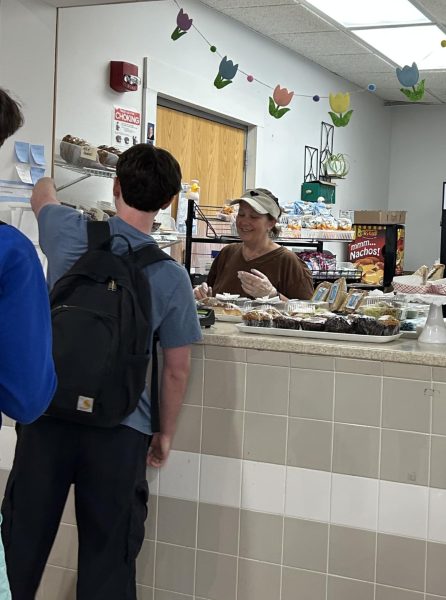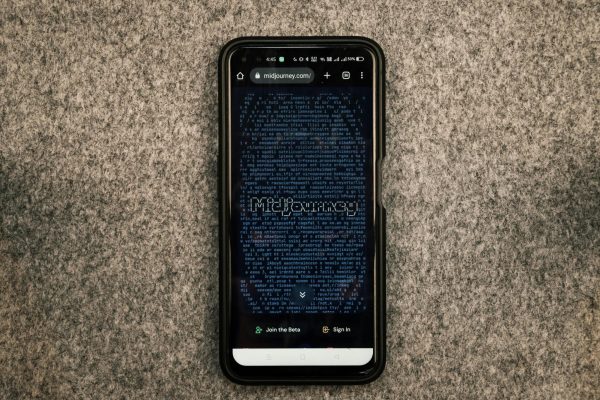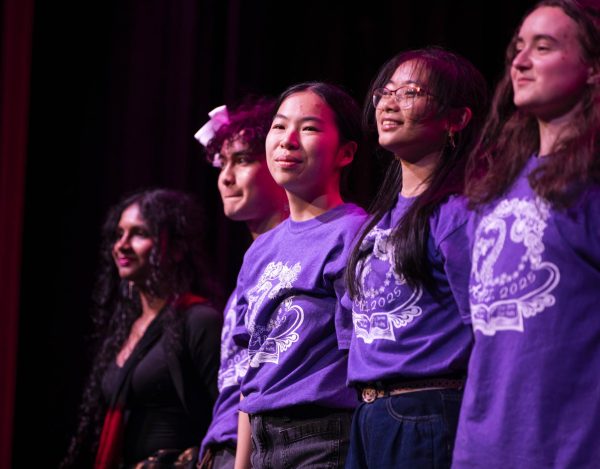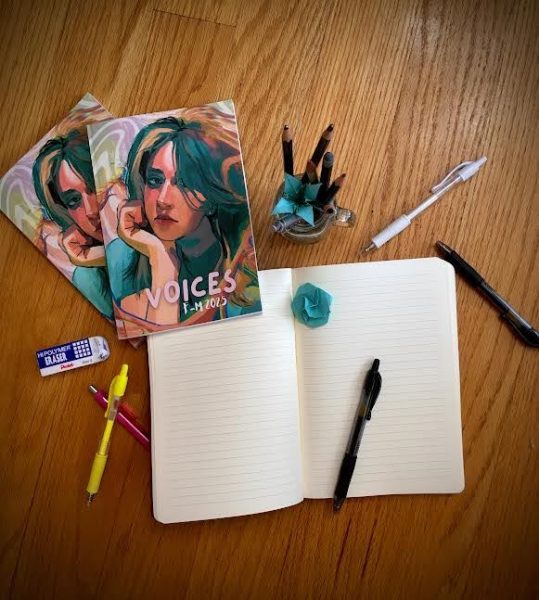A year later: learning and teaching during Covid-19
The shut down of the FM production of Les Miserables was a heartbreaking start to the pandemic precautions taken by the school district for students and staff last March.
It was Friday, March 13th, 2020. Uneasiness filled the air as everyone realized how real the pandemic was. For some it was the news, the word “coronavirus” filling every headline. For others it was the cancellation of upcoming events, from the school musical to professional sports. But even though everyone acknowledged COVID-19’s presence, what nobody knew was that it would be the last day of school without masks and social distancing, for a long time.
As we marked the one year anniversary of this date, we marked a year of education like none before. Classrooms full of students became google meets, group discussions became break out rooms, and even handing in homework became uploading pictures of worksheets.
Teaching became something entirely different, with challenges and changes no teacher could have anticipated. “I think the hardest thing for me is feeling a lot more disconnected from students, and connection with students is the primary reason why I teach,” Ms. Mary Halloran said.
Teachers have been adapting to the situation, taking on new tasks as they arise. Ms. Mary Ward explained that one of her new priorities for the past year has been, “Making sure I have a vibrant and well-executed Schoology platform for students that are home to be able to be just as engaged as those in school.”
For students, the challenges of learning during a pandemic are prominent as well. Online learning has demanded more discipline and energy to stay focused and engaged. Hours of in-person engagement became hours sitting in the same spot, alone with a screen. With the lack of social interaction and the physical variation from switching classes, days of remote learning create a monotonous flow. Haley Harblin, a freshman, said, “It’s hard to focus while you’re doing online learning because there’s a lot of distractions and less accountability to pay attention.”
Amidst all the new challenges the pandemic has brought, it is really the silence that stands out. The once bustling hallways and loud classrooms have transformed. As Haley noted, “I walk into the classroom and nobody is talking.” The constant chatter between students that filled the minutes of passing period, or even class discussions, has faded.
“There’s a lot of silence in classrooms between students,” Ms. Halloran said. “Students seem much more weary of participating. It’s just more awkward and difficult to have organic conversations through a screen.” Much of this obstacle is attributed to the fact that having discussions online feels unnatural. As Sarah Rinzan, a sophomore, put it, “It’s so much harder to put yourself out there when you are on a screen versus in person.”
Yet, this past year has also demonstrated the resilience of both teachers and students. “My colleagues have risen to the challenge and I’m really proud of how hard we are working,” Ms. Ward said. “I see how much we are frustrated and we are frustrated because we care. We’re all working so hard to provide a good education in this different format.”
Swimming through uncharted waters has also allowed for the opportunity to prioritize. “I’ve learned that not everything is set in stone and you can’t always plan ahead,” Sarah explained. “I realized that I have to give myself some space to breathe.” COVID-19’s interruption to the flow of our daily lives has given us that chance to breathe, to rethink what is most important.
For this format of learning, “Prioritize relationships and community over content,” Ms. Halloran advised.
It’s easy to lose sight of where we are, as the days repetitively drag on, while the future remains unknown. But Mr. John Fox reminds us that we have to focus on the big picture. Passing a one year milestone for such a grim reality is tough. But by doing so, we have lived through something entirely new and different, a time of historical importance. “This is a holistic global tragedy that is unfolding. We often assume these things only happen to other people we read about, but here we are caught up in the middle of a chapter, living in the pages of a textbook,” Mr. Fox said. “Patience and hopefulness are very important.”
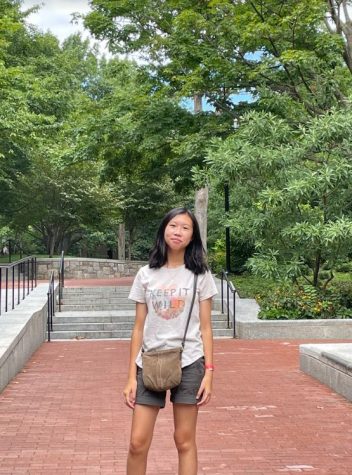
Allison Wong is a senior at FM and this is her fourth year as a member of The Buzz. After starting out as a contributing writer for two years, she was...



